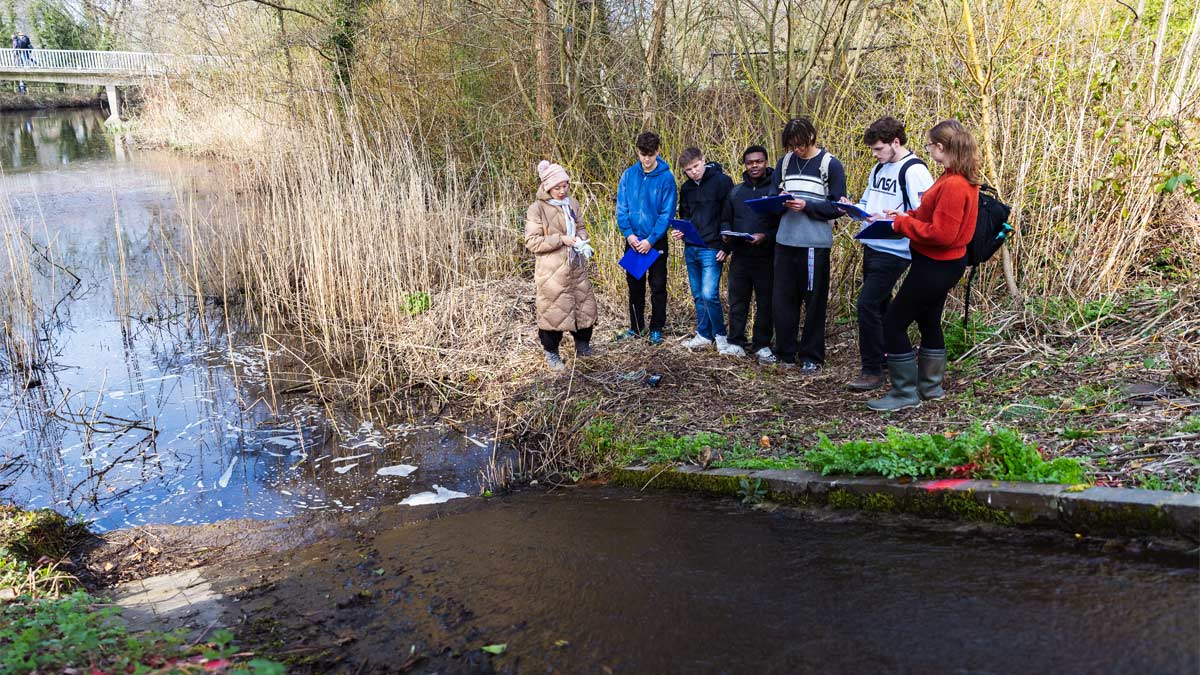As a student in the Department of Geography and Environmental Science at Reading, you’ll have access to an extensive range of facilities that will support your learning. Many of these are on-site at Whiteknights, the University’s main campus, which has won 15 consecutive Green Flag awards*.
We offer custom-designed laboratories and specialised research facilities, as well as a large area of experimental polytunnels and glasshouses that are available for research purposes.
The University is also home to a unique range of environments. We treat our campus as a “living laboratory”; both staff and students make the most of their immediate surroundings for field work.
*Whiteknights campus has been awarded 15 consecutive Green Flag Awards, 2011–2025.










